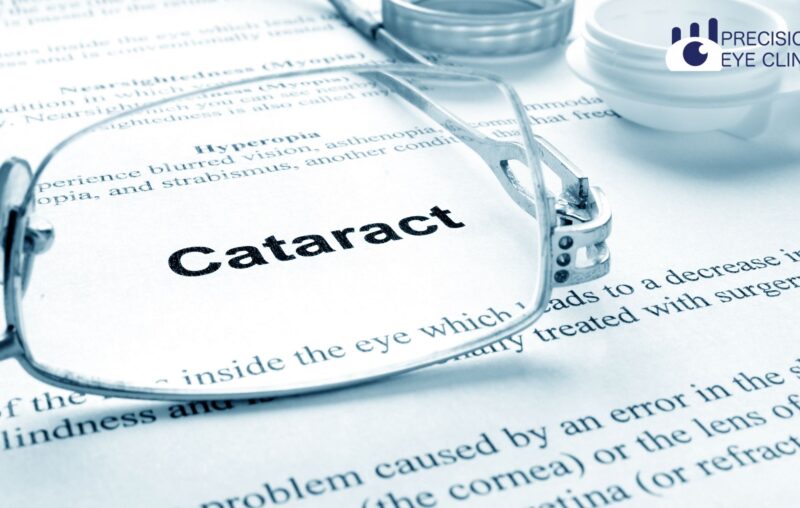- 20131 Highway 59N Suite #2416 Humble, TX 77338
- Call: (281) 446-0440
- Mn - Fr: 10.00am - 6.30pm
- St: 9.30am - 3.30pm
- Sn: 11:00am - 03:00pm
How Dry Eye And Other Conditions Can Affect Cataract Outcomes

How Dry Eye And Other Conditions Can Affect Cataract Outcomes
Cataract surgery is an effective way to help restore sight to those in need. That being said, there are a few factors that will affect the outcome of the procedure. The quality of the tear film is the most important factor, and to that end, dry eyes and other conditions may have a dramatic effect.
How Dry Eyes Affect Cataract Surgery
Dry eyes tend to have more aberrations on the tear film than normal. It can cause lens calculations that are inaccurate and also increase the chance of infections post-op. OSD is often left undiagnosed, with dry eyes being the main system. This can cause the condition to worsen after surgery.
How Undiagnosed OSD Can Affect Cataract Surgery
OSD is a common condition that can cause dry eyes. Many people who suffer from dry eyes have OSD. When a person suffering from this condition has corneal refractive surgery, it can result in inaccurate readings and severe discomfort post-surgery.
How Surgery Can Affect Dry Eyes
In some cases, people who have mild dry eye syndrome will find that their condition worsens following cataract surgery as many as a third of patients, in fact, have noted that their mild condition has become uncomfortable worse, and unmanageable. Prior to surgery, it is important to perform a comprehensive evaluation to ensure there are no underlying conditions that will have a negative effect on the outcome.
The Bottom Line On Dry Eyes & Cataract Surgery
Unknown conditions and dry eye can cause cataract surgery to have poor outcomes. The main point of the surgery is to improve visual quality. However, dry eyes and other conditions may cause damage to the eye film that leads to inaccurate calibration. For some, proper measurements may mean that they are ineligible for cataract surgery, while in others, it may lead to a higher level of visibility post-op.

